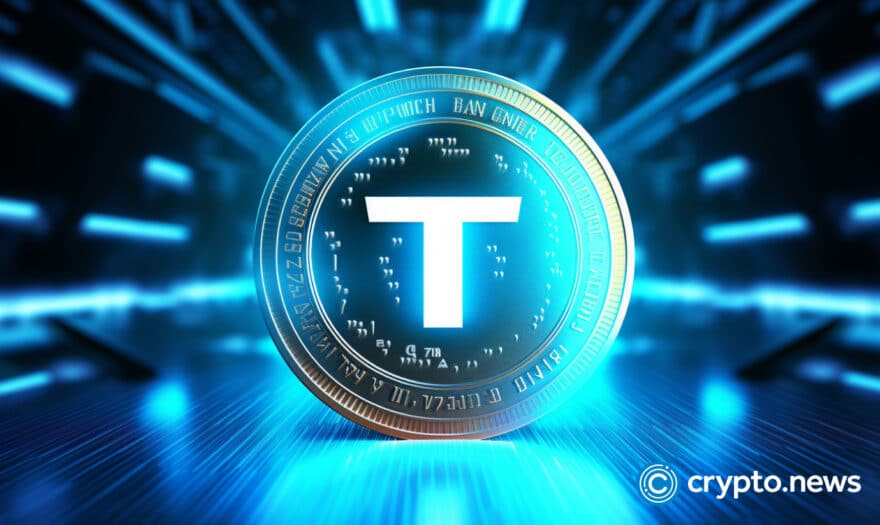Will all Securities Exchanges end up Running on the Blockchain?

Bitcoin’s underlying distributed ledger technology, the blockchain, has many possible applications and is currently being trialed and implemented in a range of different industries. One of the most cited industries in which the blockchain is causing disruption is in the financial industry.
From reducing administrative and operational costs to processing cross-border payments and the settlement of securities, the blockchain is slowly changing how things are done in the financial industry. An area where the blockchain is extensively being trialed and implemented is on securities exchanges.
Korean Stock Exchange launches Blockchain-based Secondary Market for Startups
The Korea Exchange announced on November 16 that it has launched a new secondary trading marketplace for Korean startups called Korea Startup Market (KSM). The new marketplace will allow investors to trade equity holding of startup companies in the open market. The new marketplace will be built on blockchain-based development platform Coinstack, which is has been created by the Seoul-based ‘Blockchain-as-a-Service’ startup Blocko.
Blocko’s Coinstack blockchain platform supports applications and protocols available on the Bitcoin blockchain, but also supports Ethereum-based smart contracts. It, thereby, enables its users to build a wide variety of different products and services on top of its blockchain platform, which is being serviced both on-premise and via the cloud.
In July 2016, Blocko managed to raise a series A funding round of $1.3 million from Samsung Venture Investment Corporation to further develop its Coinstack ‘Blockchain-as-a-Service’ platform.
Blocko CEO Won-Beom Kim stated in its press release:
“This is the first example of commercialization in which blockchain is applied to the Korean over-the-counter stock market. We are striving to advance our product by partnering with Samsung SDS, CISCO and others to apply blockchain to a wide range of industries in the future, beyond existing uses such as bonds, promissory notes, and points within the financial sector.”
Blocko has managed to secure several high profile clients in Korea for its Coinstack development platform, including JB Bank, KISA, Paygate, and Lottecard.
The development of the new KSM secondary trading marketplace for startups was first announced in March and launched two months later than expected. This will be the first implementation of blockchain technology to create an over-the-counter (OTC) marketplace for financial securities in Korea.
The Korea Exchange, however, is not the only stock exchange that is implementing blockchain technology.
NASDAQ is Beta Testing Blockchain-powered Private Share Trading Platform
The New York-based electronic securities exchange NASDAQ has also been trialing the blockchain technology for its exchange. In 2015, it launched a new blockchain-powered private share trading platform, called Linq, which is currently running in beta mode. The blockchain development startup Chain.com was the first company to issue shares on the Linq platform.
“We believe this successful transaction marks a major advance in the global financial sector and represents a seminal moment in the application of blockchain technology,” said NASDAQ CEO Bob Greifeld. While Chain.com CEO Adam Ludwin stated after the completion of their stock issuance on Linq:
“We couldn’t be happier with the results of the transaction. It was seamless and met our objective of drastically reduced manual ownership transfer.”
Further startups expected to issue shares via the new Linq platform in the near future include the mobile messaging app TangoMe, data security startup Vera and blockchain solutions providers PeerNova.
Australian Exchanges Want to Improve Inefficiencies using Blockchain Technology
The Australian Securities Exchange (ASX) is another major global exchange that has been very proactive when it comes to testing the distributed ledger technology. The ASX has entered into a partnership with Digital Assets Holdings to develop a blockchain-based settlement and clearing system for its equity exchange. The ASX believes that leveraging blockchain technology will significantly facilitate and speed-up the post-trade process, while also reducing risk and back-office administration and compliance costs for both itself and investors. Investors will also benefit from “near real-time” settlement of equities.
The ASX’s “little brother”, the Sydney Stock Exchange (SSX), has also been dabbling in the blockchain technology. The Sydney Stock Exchange has entered into a joint venture with blockchain startup Bit Trade Labs, called APX Settlement Pty Limited (APXS), to create real-time issuance and allocation of stock issuances, which will include instant settlement and transfer of the securities upon trade execution.
The Sydney Stock Exchange is a marketplace primarily targeted at emerging technology companies and, therefore, “the adoption of an innovative settlement and smart register service is well aligned with this objective,” according to SSX CEO Tony Sacre. Through improving its back-end infrastructure and, thereby, creating a better environment for both investors and listed companies, the SSX aims to fill a void left by the ASX when it comes to smaller issuances.
CME Group to Launch Bitcoin Futures
The CME Group, however, has not only shown interest in Bitcoin’s underlying technology, but has also demonstrated a strong interest in bitcoin, the cryptocurrency, and it’s potential as an investable asset class. Earlier this week, the CME Group announced that it wants to launch futures contracts for bitcoin. This would enable speculators to bet on the price of bitcoin without having to purchase and digitally store the cryptocurrency.
The CME Group also announced that they have launched two bitcoin prices indices, the CME CF Bitcoin Reference Rate and the CME CF Bitcoin Real Time Index, which it has created in partnership with London-based fintech startup Crypto Facilities.
The CME CF Bitcoin Reference Rate is a daily price reference rate of the U.S. dollar rate of bitcoin, while the CME CF Bitcoin Real Time Index is a live real-time spot price, aggregated from the prices of leading cryptocurrency exchanges, including Bitstamp, Kraken, GDAX, OKCoin.com, itBit, and Bitfinex.
With the emergence of bitcoin indices and the potential for futures trading for institutional investors, bitcoin could finally emerge as an institutional asset class that many have been predicting, as this would allow institutional investors easy access to invest in bitcoin with the use of traditionally liquid derivatives.
We Might End up Trading all Securities on the Blockchain Sooner than Later
Given the blockchain technology’s capability to combine smart contracts with digital payments and provide an immutable distributed ledger, it would not be a surprise to witness more securities exchanges building new marketplaces on top of the blockchain. Perhaps in ten years time, all securities traded on exchanges will be executed and settled using blockchain technology.












